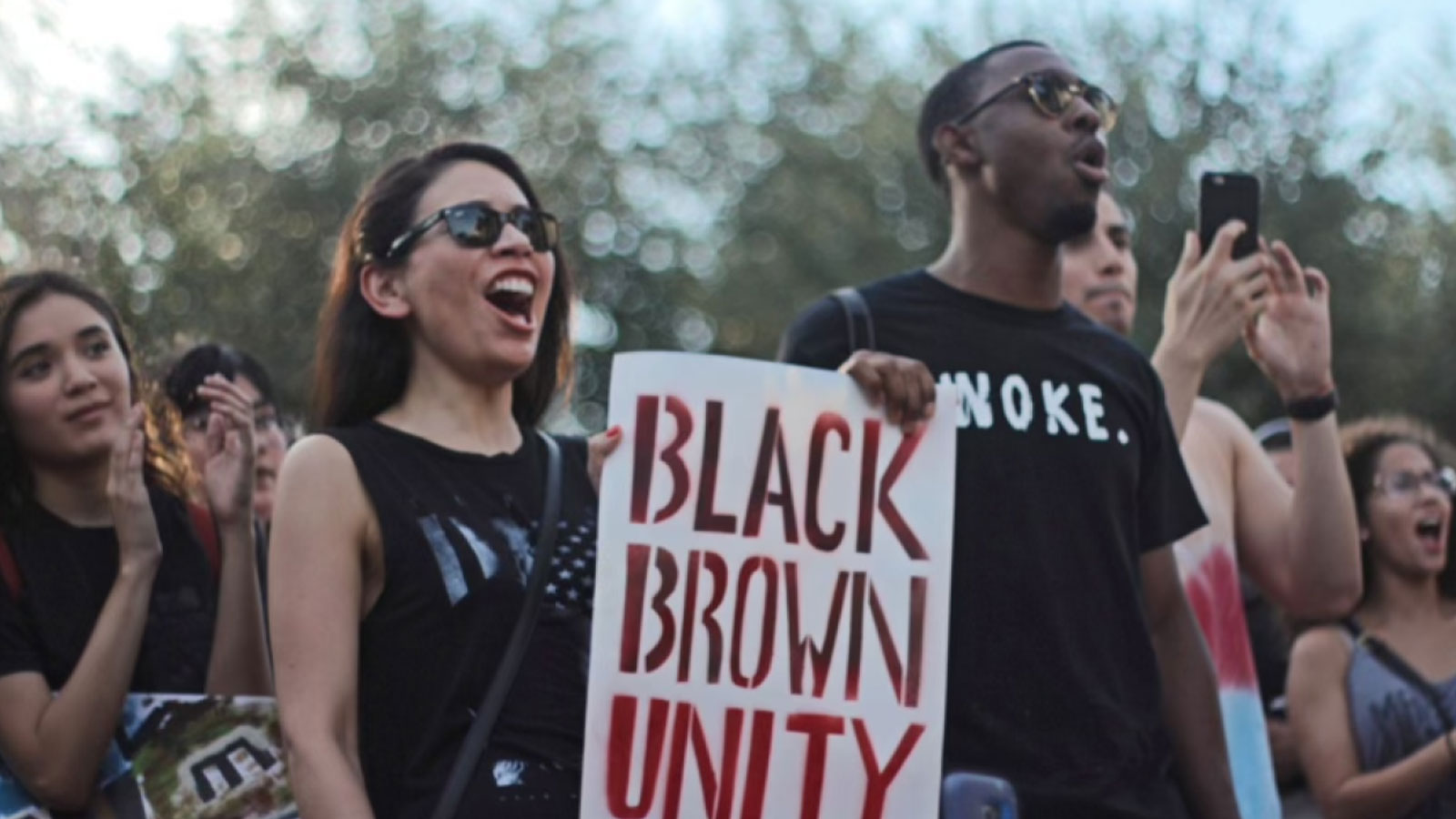By Lina Cardona, ABFE’s Membership Operations Manager —
As Hispanic Heritage Month comes to an end, I find myself reflecting on the unique experience of being Latin American in the U.S. The instant bond shared with fellow Latinx through language and culture is remarkable. We relate effortlessly, united by the vibrant colors and flavors of our heritage. We dance to Afro-Cuban rhythms and celebrate Black athletes in popular sports like fútbol (soccer) and baseball—yet we don’t talk about race.
This reluctance seems to be deeply ingrained in our collective psyche. Tanya Katerí Hernández, race law expert and author of “Racial Innocence: Unmasking Latino Anti-Black Bias and the Struggle for Equality” claims that Latinx believe we’re immune to racism due to our diverse ethnic backgrounds. This perception permeates all systems – law, education, economic- affecting our interactions with both dark-skinned Latinos and African Americans. Hernández claims that when it comes to Latinx racism, “the family is the scene of the crime,” with lighter-skinned siblings receiving preferential treatment.
Our colonial past has left an indelible mark on our perceptions of race, fostering an ethnocentric view that favors whiteness. This legacy fuels colorism – a prejudice that values lighter skin over darker tones, even within the same ethnic group and family. In our pursuit of the American dream, we often overlook racial issues, unintentionally perpetuating these biases. Colorism extends beyond social dynamics, affecting opportunities, self-worth, and identity.
My personal awakening began when I arrived in New York City from Colombia in 1999. As a young Mestiza immigrant woman, I thought I understood diversity. But after being confronted by the tragic killing of Amadou Diallo, a young African immigrant shot by police 41 times at his home doorstep, I had to confront my understanding of race and my place in America’s racial landscape.
This was a turning point in my life and set me on a path of self-discovery and learning. While in college, I worked for a Haitian family in their restaurant and babysat their child in Harlem. The negative stereotypes about Haitians that I heard were quickly dispelled by their warmth, resilience, and family values. Like me, they were simply building a new life in a foreign land and finding a new home away from home.
My personal and professional experiences, including my work at ABFE, not only taught me a crucial lesson about racial solidarity but also exposed the overwhelming need for us Latinx to confront and unlearn colonial legacies that, by design, continue to divide us. I’ve come to understand that solidarity isn’t just about empathy—it’s about action. We must embrace the rich legacy of Blackness in Latin America and deeply recognize how it shapes our diverse identities. We must educate ourselves and others about the Black experience in our countries of origin, as well as in the U.S. At the same time, we must actively dismantle anti-Blackness and racist systems of power.
By addressing these issues, we can help create a more inclusive and equitable future. The Latinx community must be part of the solution, not perpetrators or silent bystanders. The first step is developing a critical awareness of our place within systems of power. This understanding is key to building bridges with those whose experiences differ from our own.
ABFE is committed to this work, and I am proud to support this effort. We understand that race and ethnicity are not monolithic, and we embrace the Afro-Latinx living in the United States. The Afro-Latinx community is the heartbeat of two worlds, a fusion of African ancestry with a Latin cultural tapestry from over 20 countries. As the 2023 UCLA Latino Policy and Politics Institute report, Centering Black Latinidad: A Profile of the U.S. Afro-Latinx Population and Complex Inequalities states, being Black and Latinx are not mutually exclusive. “If we assume that all Latinos are racialized the same way or only provide data on aggregate Latino outcomes, many inequalities will remain invisible.”
ABFE’s commitment to Afro-Latinx issues has grown over time. Since 2022, we’ve partnered with a Afro-Latinx member organization, The AfroLatin@ Forum to strengthen and sustain their efforts while highlighting Afro-Latinx most pressing issues. This year, ABFE sponsored The Practice of Freedom Conversation Series: ABSOLUTAMENTE NEGRO/ABSOLUTELY BLACK, which explored the multi-dimensional reality of Afro-Latinx life, touching on education, law enforcement, economic representation, and reproductive justice. By highlighting the intersection of race, ethnicity, and culture, we deepen our understanding of heritage and its ongoing importance in shaping social justice efforts.
In the spirit of this month, we reaffirm our dedication to the Afro-Latinx community, and I personally commit to advancing racial equity in the U.S., my native Colombia, and beyond. Together, we can ensure that heritage is celebrated through the lens of inclusion, representation, and justice for all.
Source: abfe.org















